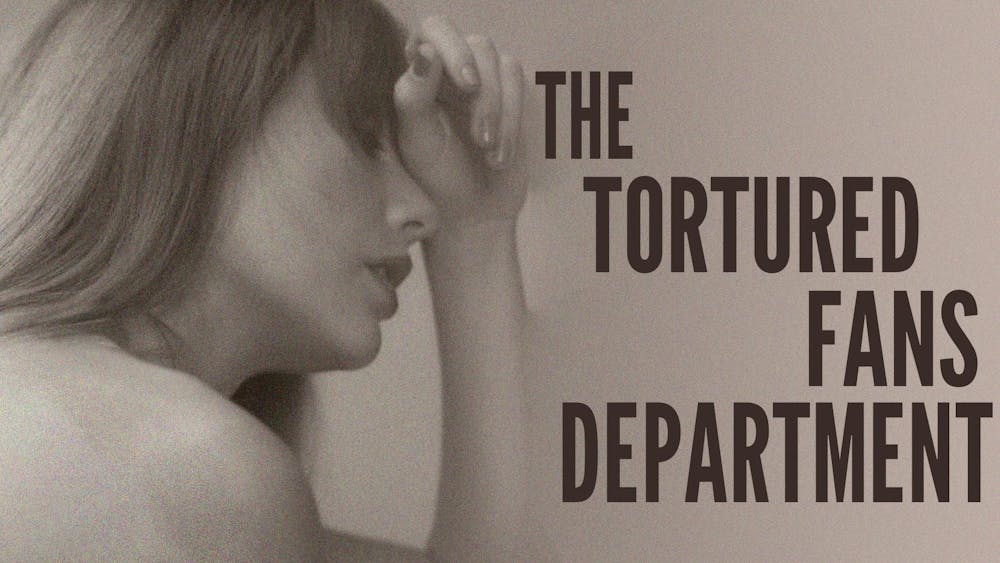In Leos Carax's "Holy Motors," we meet Mr. Oscar (Denis Lavant), an actor whose job is to be driven around Paris in a limousine and perform short scenes throughout the city for an unseen audience. Oscar is not a television or movie actor - instead he uses the real world as his stage. He appears to perform in front of hidden cameras, but really Paris and its residents serve as his audience, though they may not be aware that he is an actor at all.

In some scenes, Mr. Oscar has help from other actors who admit to being part of his company, but for the most part, we are left to wonder whether others in the scene are fellow actors or real-life people reacting naturally to his character. At first it seems that the scenes are mostly unrelated, but as the movie continues Oscar referenced and even interacted with characters he portrayed earlier in the film.
The wide array of characters allows the episodes to expose the fleeting nature of human life is and the insecurities that we all have about what may come after death. The episodic nature of the film can be hard to track, but viewing the movie as the sum of its parts and not as separate unrelated episodes allows the movie insight into the human condition.
In order to play so many characters, Mr. Oscar uses prosthetics, costume accessories and even different languages. The unique disguises that Mr. Oscar dons are so different it's hard to believe there could be one actor portraying so many characters, and this helps to communicate the various emotions and themes expressed in the film. Not only does Mr. Oscar perform as ten different characters throughout the movie, but he also performs in a breathtaking array of cinematic genres ranging from fairy tale and horror to dramatic musical and thriller.
Mr. Oscar and some of his characters seem to express dread at the idea of dying, but in other instances show a contradictory sense of welcoming death and its mysteries. The movie also expresses how tired we grow of our daily routines, and how disappointing it can be to realize that life has slipped through our fingertips.
This film is great for those who like a movie that makes you think. It provides the audience with many more questions than it does answers and forces you to reflect about your life, the direction it has taken and the direction it will take in the future. Too often, movies lack the bountiful space for analysis that this type of film provides. "Holy Motors" is an interesting assortment of phantasmagorical episodes that provide the viewer with a new perspective on life. I would highly recommend it to anyone looking for crazy journey in a film.

Contact Juan Ramon Cancio at jcancio@nd.edu












